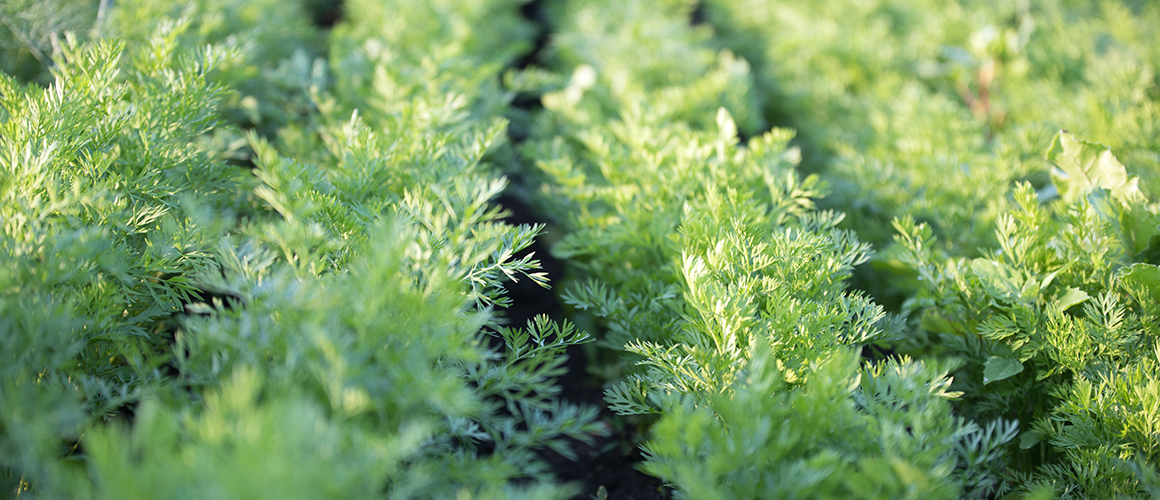National Science Exchange emphasises biosecurity built on science
Last week, members of the AUSVEG Science and Extension team attended the 2018 National Science Exchange (NSX18), a three day event hosted by the Plant Biosecurity Cooperative Research Centre (PBCRC). AUSVEG Biosecurity Officer Madeleine Quirk provides this recap.
The PBCRC is an organisation that aims to strengthen scientific knowledge, tools, resources and capacity through research, education, training, and community engagement at both the national and international level. Over the three days of the NSX18, delegates watched a number of engaging presentations, networked with others in their field, and reflected on the achievements of the PBCRC.
The first day of the exchange saw speakers analysing the key challenges of biosecurity, including global challenges, border biosecurity, the threat of wind dispersal, and management of pests for grains market access.
On the second day, the conference explored the world of diagnostics, incursion response, and enhanced surveillance for better biosecurity outcomes, including presentations by AUSVEG staff Alan Nankivell and Callum Fletcher.
Alan Nankivell introduced the presentation Preparedness: A key word in the management of Tomato Potato Psyllid. Speaking alongside Mr Nankivell were Grant Smith (Plant & Food Research New Zealand) and Sonya Broughton (DPIRD Western Australia), sharing their personal experience in managing the psyllid.
Later, Callum Fletcher discussed ‘iSCOUT – Sentinel Surveillance Systems for Agriculture’, a cross-industry research and development project that will develop a mobile plant pest surveillance network to improve surveillance efforts across Australia. The day concluded with a ‘meet the speakers’ session, giving attendees an opportunity to talk to speakers one-on-one.
The final day focused on social and environmental biosecurity, international stakeholder collaboration, and projects aiming to improve pest and disease management for horticulture market access. Topics included myrtle rust management in Australia, indigenous engagement in biosecurity, fruit fly research, and international collaboration with the United States of America, New Zealand, Indonesia, and Africa.
Several SX initiatives were launched during the NSX2018. These included a national action plan to mitigate the impact of Myrtle Rust and the establishment of Checkpoint. Details of all presentations and initiatives are available on the PBCRC website.
Overall, through its theme ‘Biosecurity Built on Science, for Agriculture and the Environment’ the NSX18 celebrated the outstanding work of the CRC since its establishment in 2012. Whilst the PBCRC is wrapping up this year, the work being done will continue into the future to continue to safeguard Australia from biosecurity threats.
This post appeared in the AUSVEG Weekly Update published 5 June 2018. Subscribe to the Update using our online form to receive the latest industry news in your inbox every week!
| The strategic levy investment project MT16018 – Tomato potato pysllid (TPP) National Program Coordinator is funded by potato processing, fresh potato and vegetable research and development levies and contributions from the Australian Government. Hort Innovation is the grower-owned, not-for-profit research and development corporation for Australian horticulture. |  |

